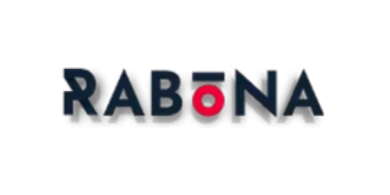Krafton, the video game holding company, has inaugurated the Krafton India Gaming Incubator (KIGI) to bolster the Indian gaming ecosystem and nurture local talent.
KIGI aims to support up to ten teams annually for durations spanning from six months to a year, offering guidance, mentorship, access to resources, and financial backing, typically ranging between $50,000 to $150,000.
The initiative is particularly geared towards early-stage startups, those in the conception phase, student teams, and independent developers.
KIGI participants will benefit from mentorship provided by gaming industry executives and experts from South Korea and India, as well as gain access to Krafton’s internal resources.
Addressing Concerns
KIGI has been conceived with the explicit goal of tackling the lack of diversity in the Indian gaming ecosystem and meeting the rising demand for gaming content.
Sean Hyunil Sohn, CEO of Krafton India, commented on the issue, stating, “Given the huge demand for gaming content, the supply side has yet to mature. There are many great startups and small to medium-sized and large-size game developers, but I think in the ecosystem, there is a lack of diversity.”
The Program in Detail
Former Gameloft and Electronic Arts producer Anuj Sahani has been appointed as the head of the incubator program, which is agnostic to both game engine and platform.
Importantly, the program excludes developers or startups involved in real money gaming (RMG) or any form of gambling content for online casino.
Upon graduation from KIGI, participants will have the opportunity to seek capital from institutional investors or secure funding from Krafton’s allocation for the Indian market.
Krafton India views the incubator as a means to identify potential startups and teams for possible acquisition.
India’s Video Game Industry
Indian video game revenue is expected to surge by an impressive 21.2 percent year-on-year across all platforms, reaching $868 million in 2023 and attracting a multitude of new gamers.
This growth can be attributed, in part, to equity funding in Indian gaming startups, which has experienced substantial growth despite a previous market slowdown.










